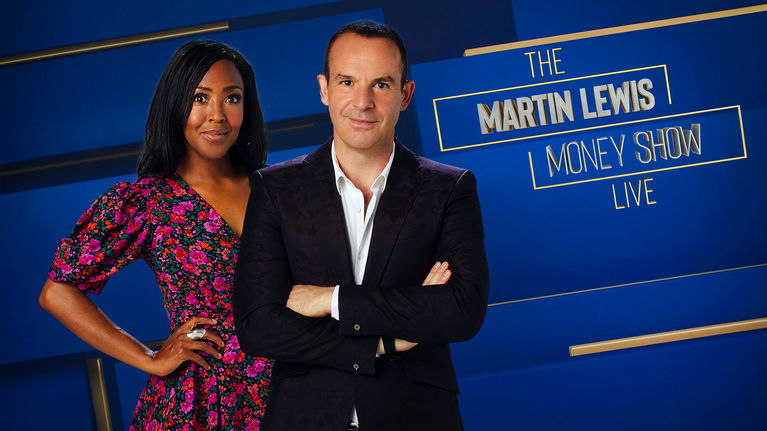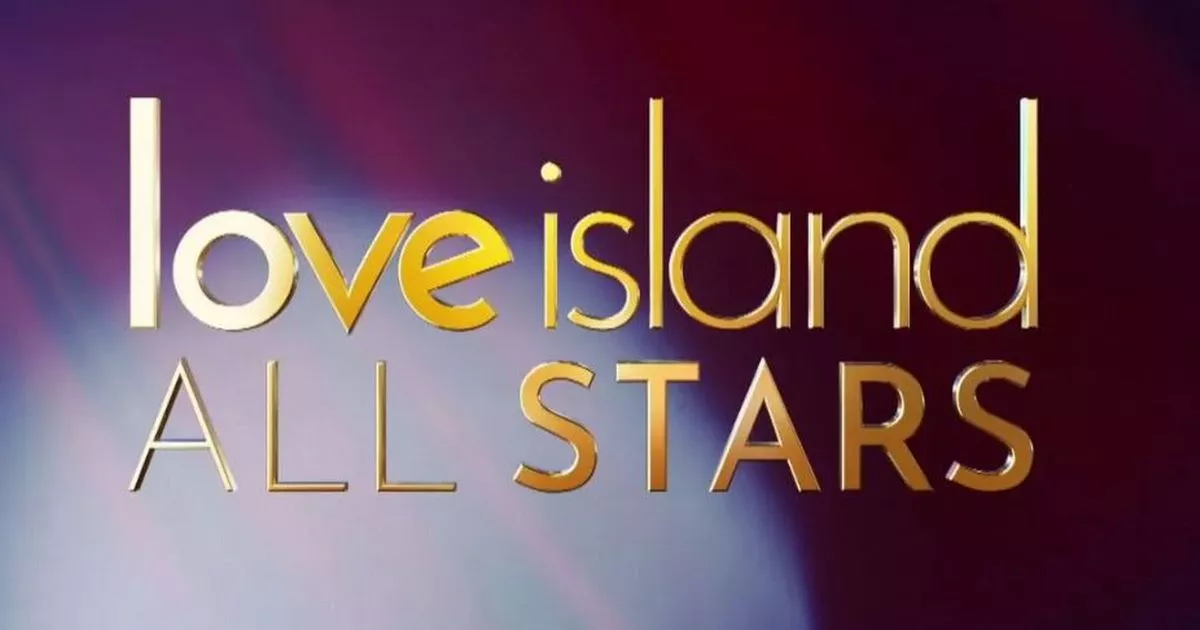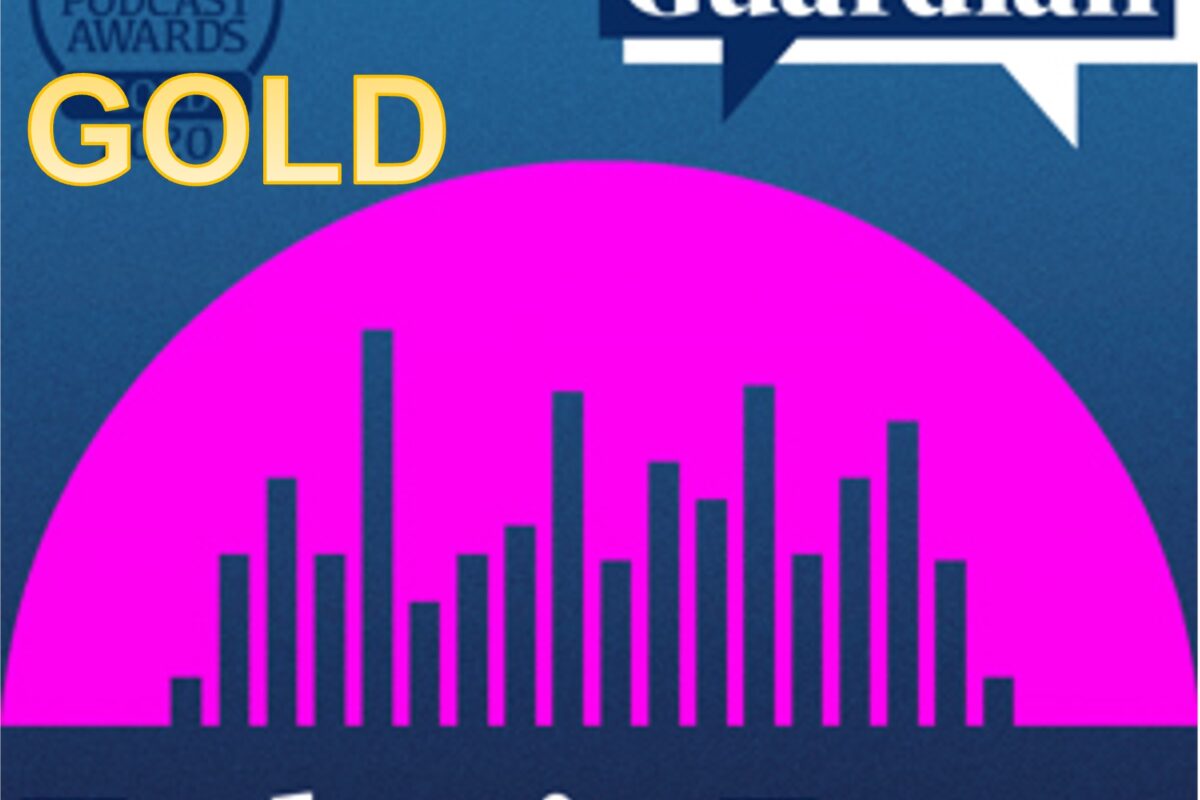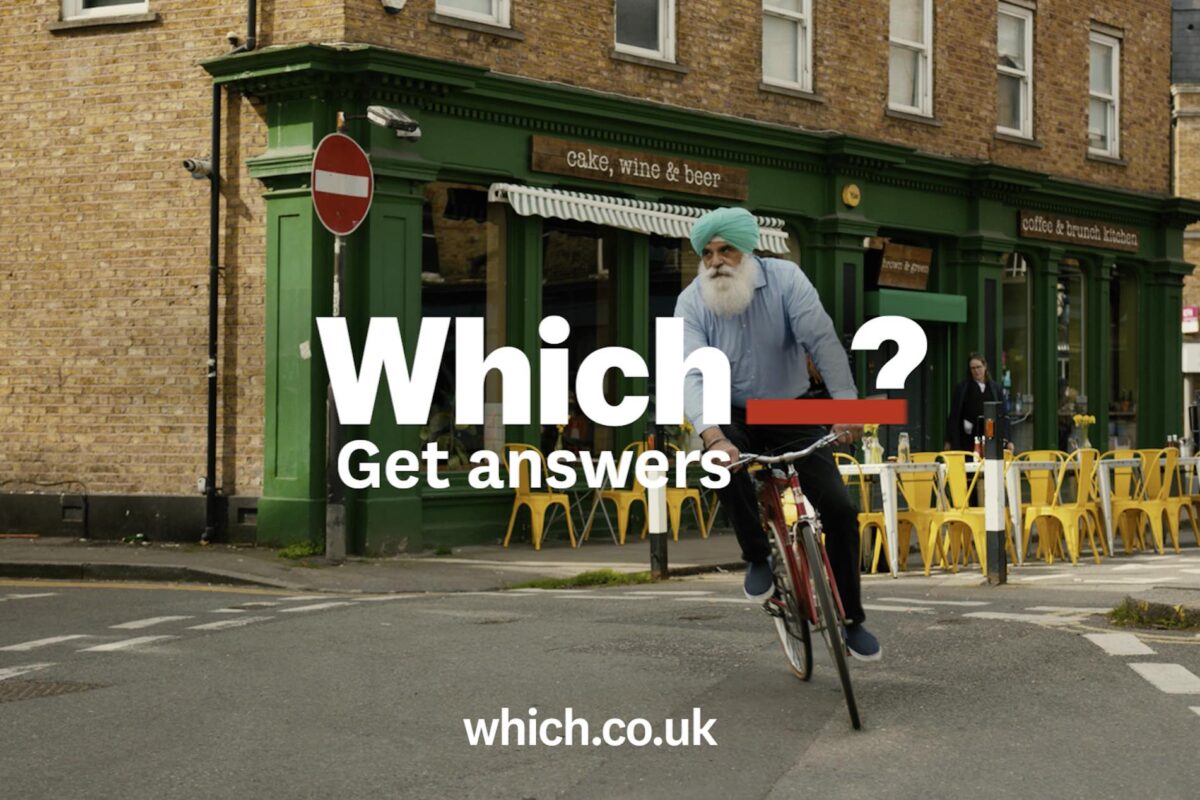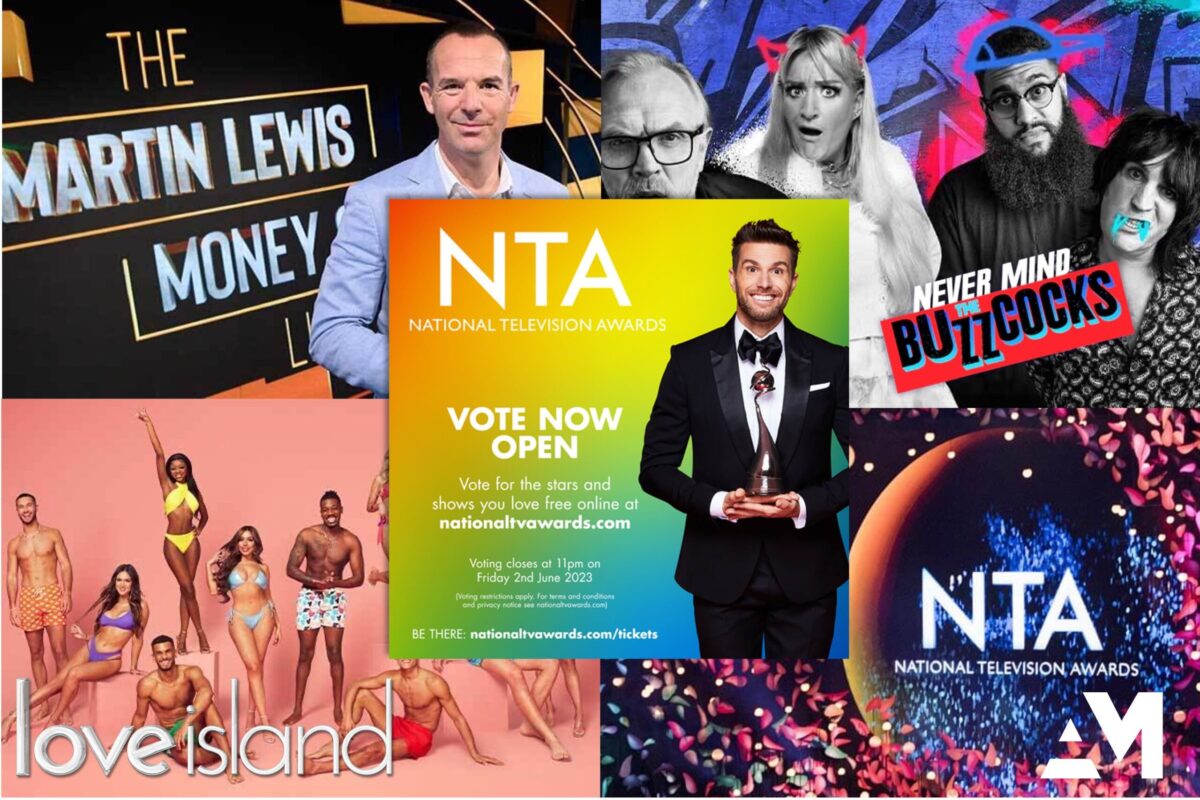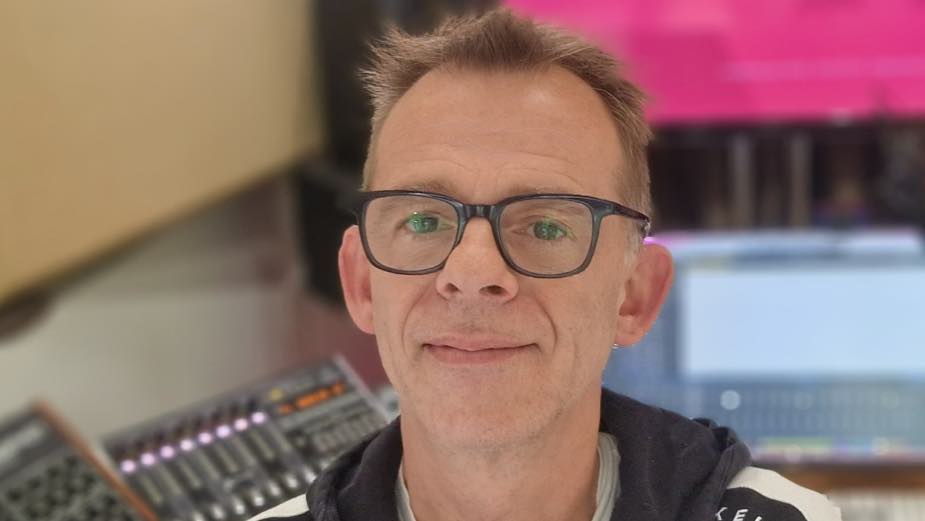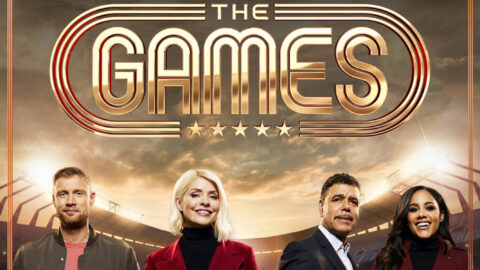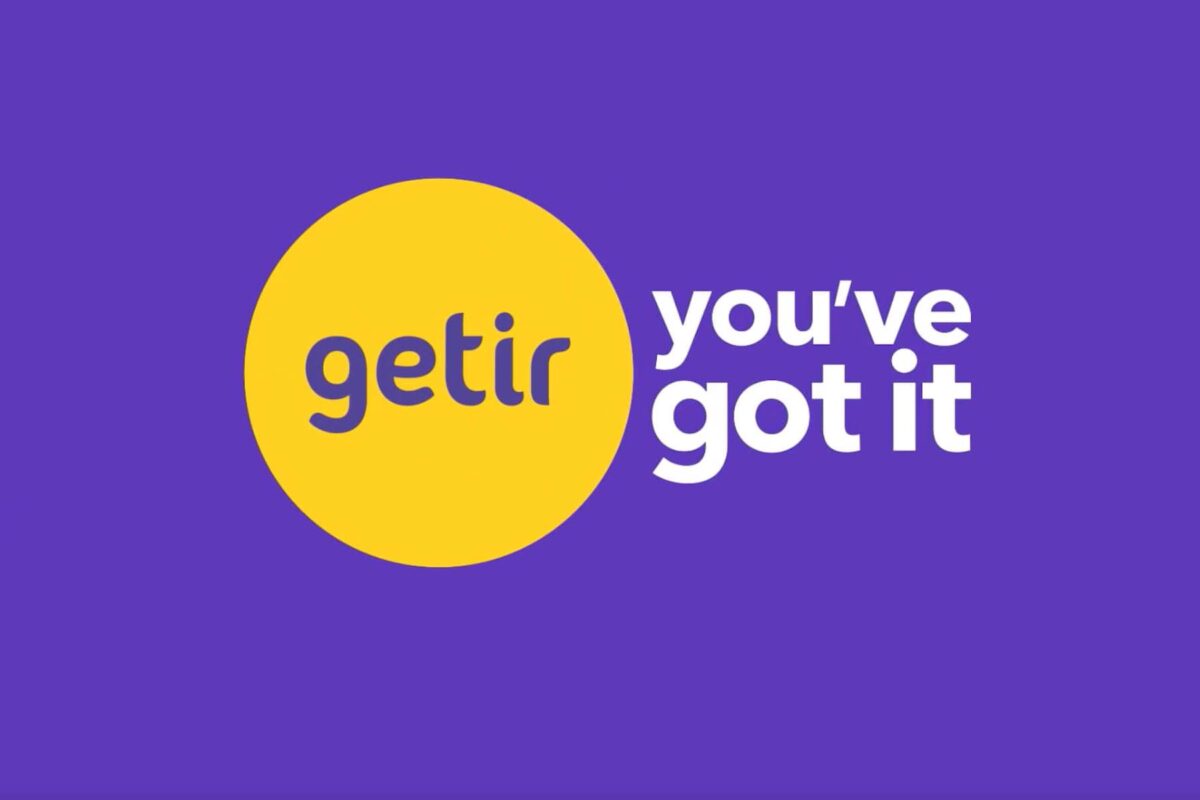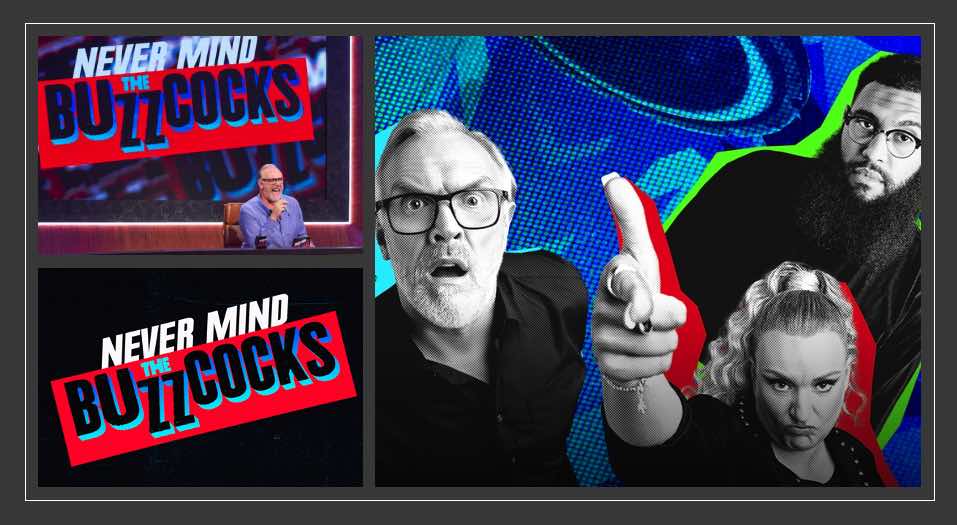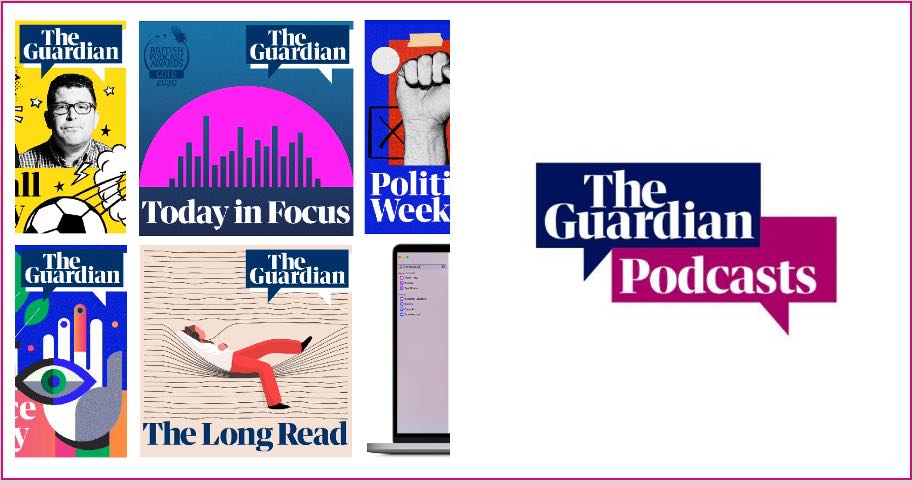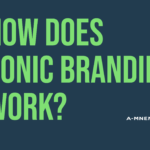A-MNEMONIC’s Toby Jarvis explores whether artificial intelligence can truly create music that emotes, and has personality and believability.
Having watched the rise of artificial intelligence – both during the creative process and, with the listener or consumer, things are getting interesting.
Is it possible to generate an utterly AI-produced song? Not only the lyrics but the chord structure, the melody, all the band member’s instruments – and the lead singer?
Alan Turing experimented with computer-generated melodies in 1951, David Bowie with randomised lyric writing and many, many others since have used AI to augment their creative/ recording process.
There are a plethora of artificial intelligence, prose, lyric and songwriting tools out there. Some are unnervingly clever. There are chord progression, and melodic generators too. They suggest any number of chord sequences and musicologically solid routes forward.
I’ve been using a ‘virtual drummer’ for ages. It obediently plays along while you’re working out ideas, it’ll follow your tempo perfectly, and even decide on where to correctly play any fills.
There are hundreds of programmes like Riffer, which will endlessly generate melodies or arpeggios or rhythms. Given you dictate the key/tempo and sound, these many programs are still very much under the creative control of the composer.
The only AI programme we found to generate anything near 100% original was ‘Melobytes AI Song’. However, scoring high with creative originality it scored very low in how it sounded. Terrible!
For singing voice generation, we sometimes use Emvoiceapp. You input the melody, either by picking it out with one finger on a keyboard or inputting the notes on a grid. You then type in your lyric text, then choose one of four pre-set voices. Press enter and… Bingo! Well, sort of. One of the voice options sounded like a really pissed-off Cher. One of the male voices sounded quite creepy. No character, spark or believability. We sometimes use it to work out backing vocal harmonies, in advance of the singer doing it for real.
All these creative aids have become standard use in music creation. However, all require significant human input and judgement. None of these everyday tools can create anything like original music. Yet. It’s still down to the writer.
If a particular song has been successful, machine learning can be used to scan existing models and create new versions. Lately, AI-penned (or modelled) songs have come into their own. Indeed there is a top 10! In most cases, the lyrics are written using predictive text. Artist, “Botnik” used predictive text 50% trained in Morrissey lyrics, and 50% in Amazon customer reviews!
However, aside from the lyrics, these ‘tribute’ songs are based on an existing artist’s lyric style and sound. They’re all sung by humans with human people playing. Not truly AI-generated.
So, is it possible to generate a completely AI-created song? Just input your desired mood, and the emotions you want to hear and feel.
You say to Alexa: “Make me a track in the style of the Beatles, Swedish House Mafia, Beethoven with a 10% of dubstep, oh and it’s rainy and a robot took my job today. Please create a song that fits that criteria for me.”
Some production music libraries are heading this way – Soundraw, Jukebox and Amper are a few. However, they seem to rely on vast amounts of pre-recorded (and pre-composed) audio.
Because AI has to be pre-programmed with options to create specific musical pieces, it often produces music that is predictable. Desperately bland and characterless. Because it is essentially governed by an algorithm. It doesn’t feel believable.
An audience will listen or engage with music if it emotes, and has personality and believability. As far as I can see, pure AI music creation can’t do this yet. Not by a long way.
